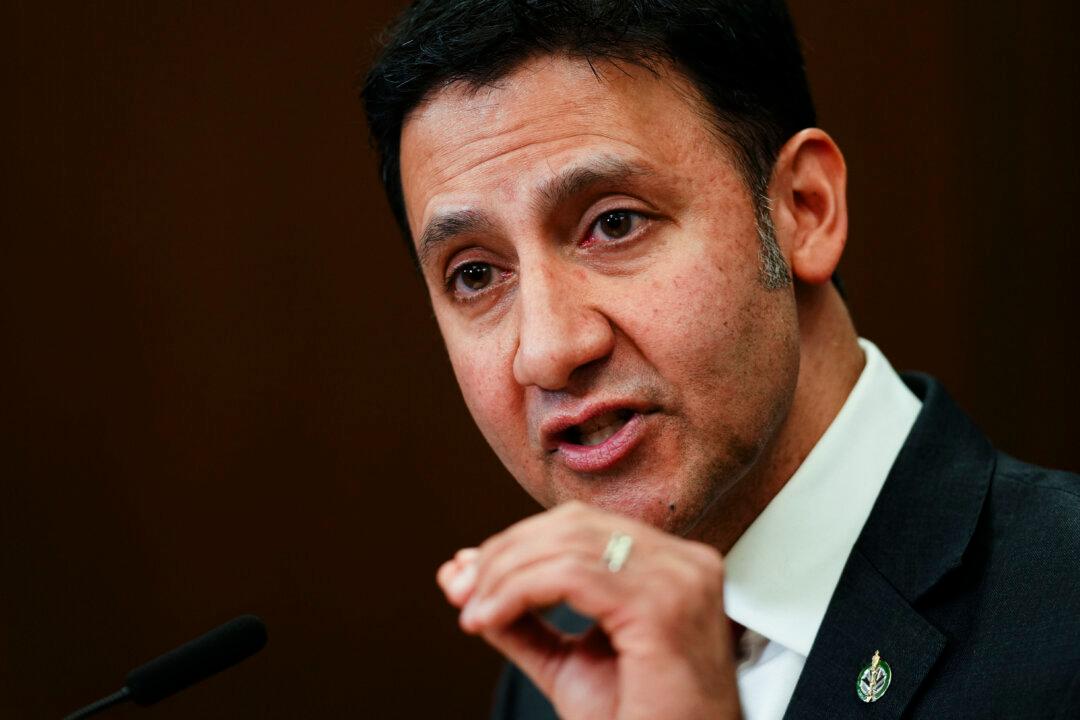From moving out of the way to beefing up regulations, experts and advocates provided wide-ranging views to a House of Commons committee studying what the government should do when it comes to protecting freedom of expression in Canada.
The Commons Canadian heritage committee held a sixth meeting this week for its study on the “the protection of freedom of expression and the means the government should have at its disposal to ensure its exercise.”





